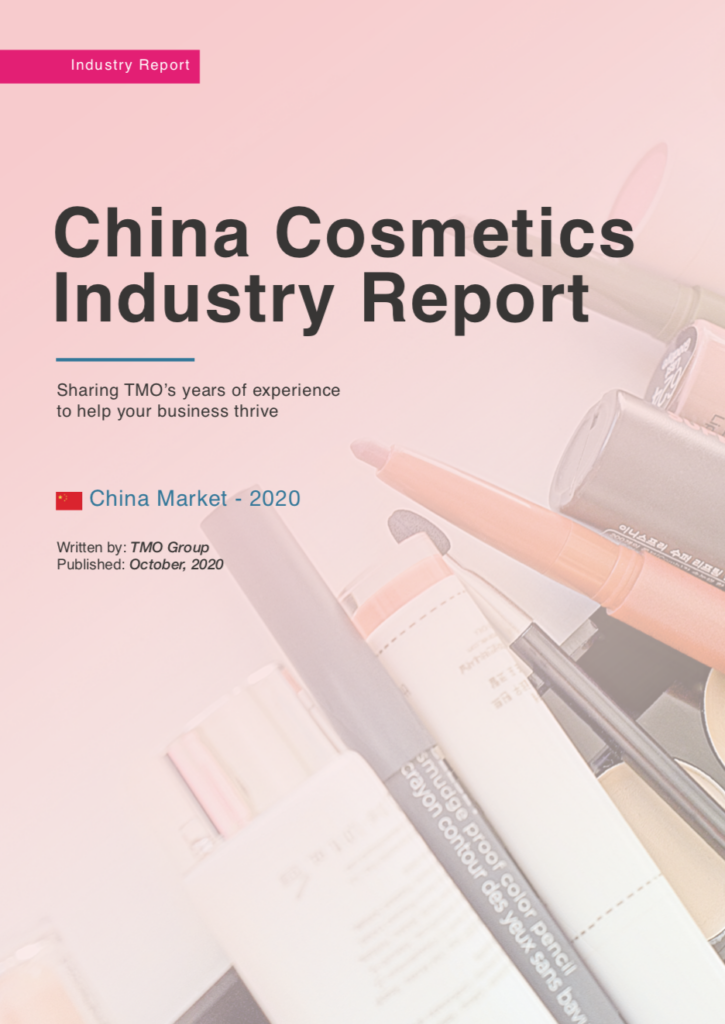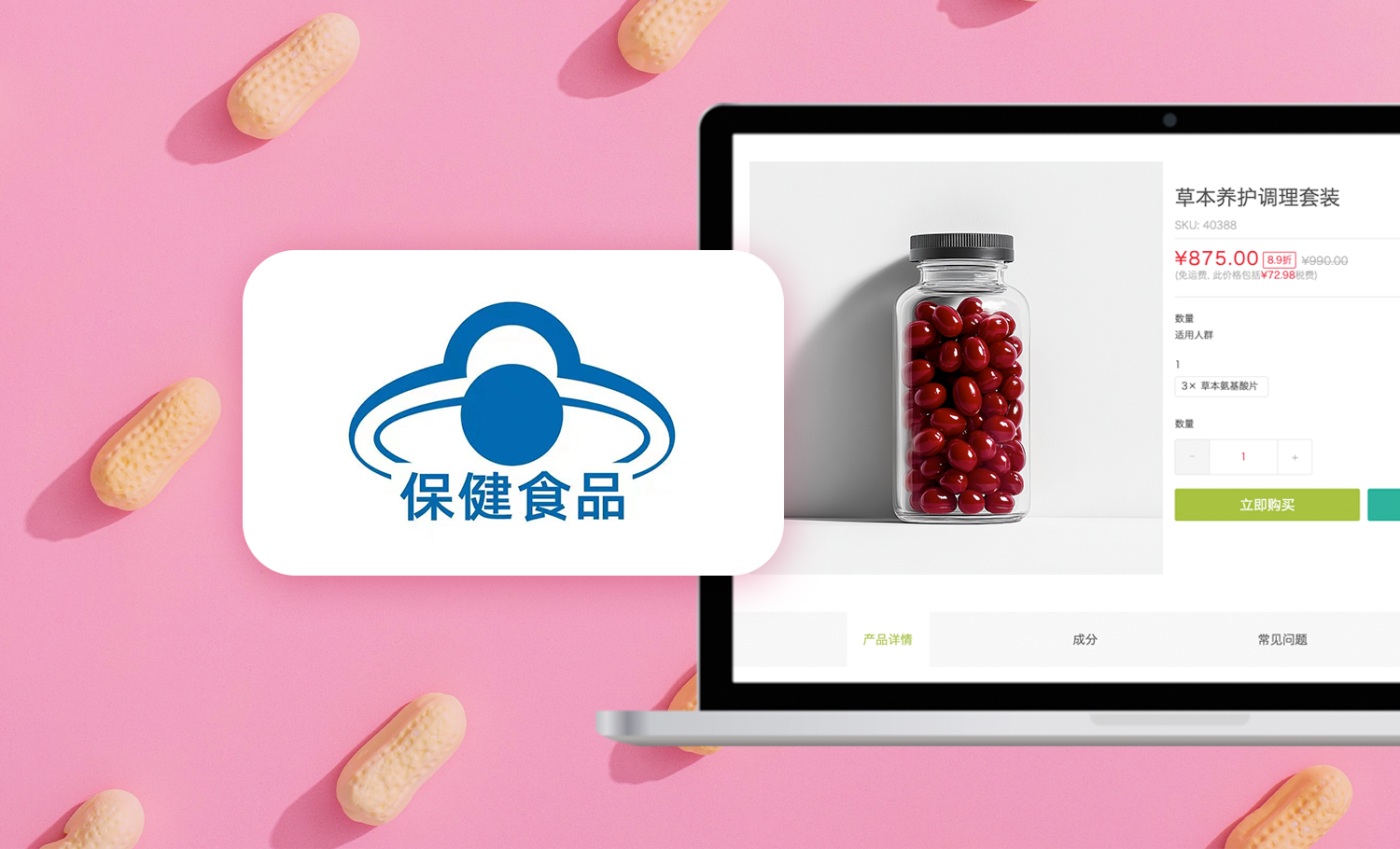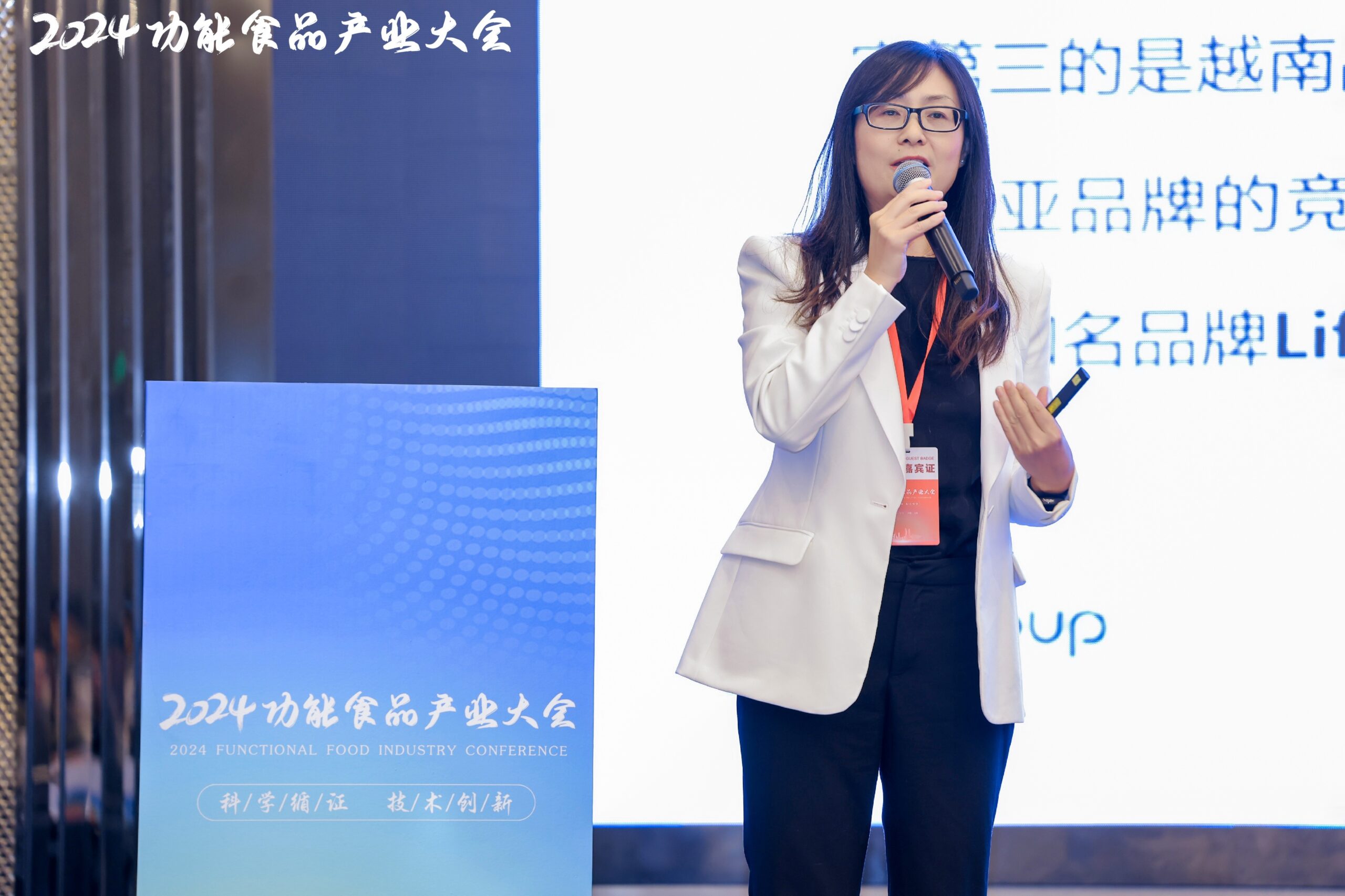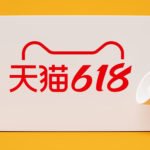Ratified at the start of this year, China's new law governing cosmetics products, including cross-border cosmetics, will come into effect at the beginning of 2021. The Cosmetic Supervision and Administration Regulation (CSAR) will replace the current Cosmetic Hygiene Supervision law. In this article we take a look at some of the features of the new law, and what it might mean for the cross-border cosmetics market in China.
Clearly Defining Corporate Responsibility
The previous law was ambiguous about where corporate responsibility lay for cosmetics importers. Terms like "manufacturing enterprise", "producer" or "cosmetics producer", "cosmetics distributor" and "cosmetics operator" were used seemingly interchangeably. This made it tricky to always know whether the manufacturer, importer, or seller was responsible for any one part of the process. Especially when these entities were spread over many different countries! As such, many cross-border sellers found this to be a real obstacle.
CSAR introduces a registrant and filing system to resolve this. A registrant is someone who has obtained the special cosmetics registration certificate, while a filer is someone who has passed through the cosmetics filing process. The registrant or filer puts the product on the market in their own name and then is responsible for ensuring that the product is safe, reliable, and of adequate quality throughout its life cycle.
Some of the responsibilities outlined for the registrant or filer include:
- Pre-marketing registration and filing management
- Post-marketing adverse reaction monitoring
- Product evaluation and reporting of said evaluations
- Quality and safety of registered products
- Product risk control and recall
- Product and raw material safety reassessment and other related obligations
Other parties involved in production and operation activities, such as manufacturers and domestic agents, are stated to bear corresponding legal responsibilities within the scope of obligations set by the Regulations. Additionally, the registrant/filer must also designate a corporate legal representative within China to be responsible for legal matters there.
Ground-Up Safety & Quality Reinforcement
The new law sets safety and quality assurance processes starting from the source and continuing all the way to sale. CSAR outlines that the registrant/filer uses a quality assurance system, one suited to the products they sell.
This system must be comprehensive, covering the entire production, import and sales process. Starting from inspected and proven manufacturing processes, through secure shipment and import through proper channels, to after-sales monitoring and supervision. Therefore one of the main requirements is that registrants/filers must be able to monitor and evaluate adverse reactions to their cosmetics by consumers, and react accordingly. In keeping with the above responsibilities, the registrant/filer must ensure the authenticity of the product and scientific processes involved.
The regulation makes safety and quality requirements clearer than before. While the requirements seem stricter, this also means more reassured consumers who more easily trust cosmetics brands.
Interested in learning more about Chinese cross-border Cosmetics? Check out our free China Cosmetics Industry ReportThis report takes a broad view of the market for cosmetics in China: trends, statistics, analysis; overview of China cosmetics market entry.2020 Cosmetics Industry Report!
See also: What is Chinese PIPL law and why it should matter to you













